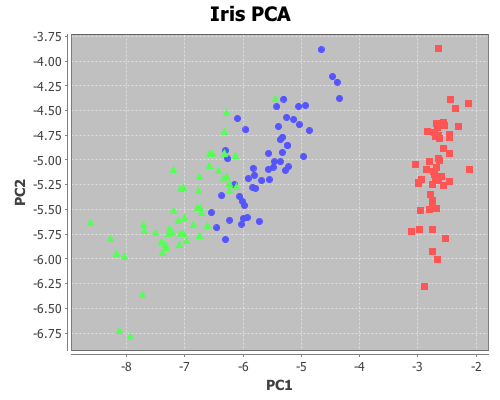Principal Components Analysis (PCA) System
Jump to navigation
Jump to search
A Principal Components Analysis (PCA) System is a matrix decomposition algorithm that applies a PCA algorithm to solve a PCA task.
- Context:
- It can range from being a Single-Thread PCA System to being a Distributed PCA System.
- …
- Example(s):
- Counter-Example(s):
- See: Spark MLlib.
References
2017
- http://mahout.apache.org/release-notes/Apache-Mahout-0.13.0-Release-Notes.pdf
- QUOTE: Mahout has historically focused on highly scalable algorithms, and since moving on from MapReduce-based jobs, Mahout now includes some Mahout-Samsara based implementations:
- Distributed Principal Component Analysis (PCA)
- QUOTE: Mahout has historically focused on highly scalable algorithms, and since moving on from MapReduce-based jobs, Mahout now includes some Mahout-Samsara based implementations:
2015
- http://scikit-learn.org/stable/modules/decomposition.html#principal-component-analysis-pca
- QUOTE: PCA is used to decompose a multivariate dataset in a set of successive orthogonal components that explain a maximum amount of the variance. In scikit-learn, PCA is implemented as a transformer object that learns n components in its fit method, and can be used on new data to project it on these components.
2015
from sklearn.decomposition import PCA iris = datasets.load_iris() X = iris.data pca = sklearn.decomposition.PCA(n_components=2) X_r = pca.fit(X).transform(X)